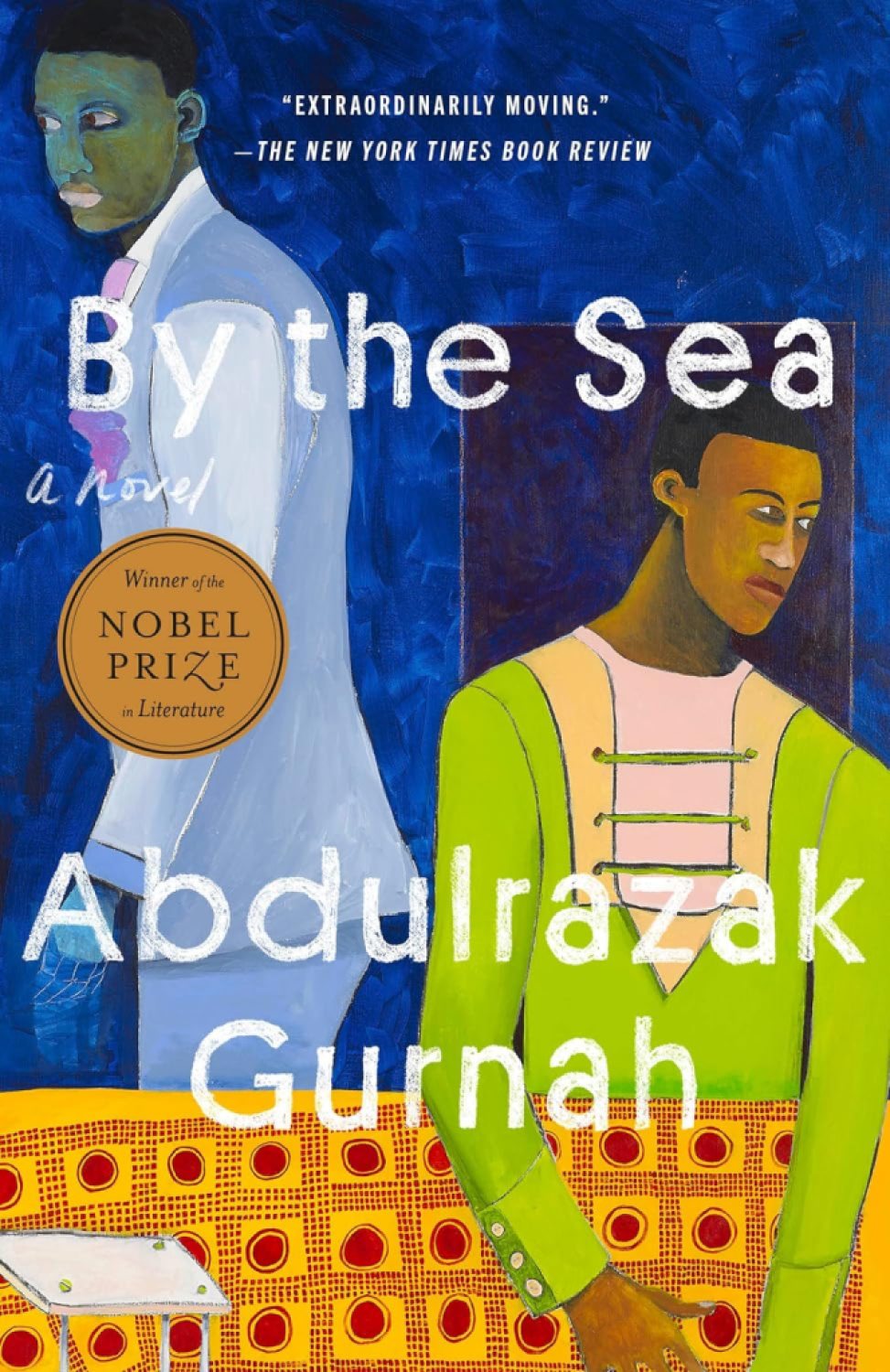Book Review | ‘By the Sea’ by Abdulrazak Gurnah
Nobel Prize Winner’s Earlier Work Is a Masterpiece of Pacing

The first time I became aware of Abdulrazak Gurnah was when I read fellow contributor Walter Cummins’s review of The Last Gift. That novel was published in 2011, 10 years before Gurnah was awarded the Nobel Prize in Literature for his body of work.
Gurnah came to my attention a second time very recently, in a piece in the New York Review by Aminatta Forna that discussed two of Gurnah’s novels, Afterlives and Paradise. A few days after reading that article, I was browsing in the Book Den in Santa Barbara and found By the Sea, first published in 2001 and in a paperback edition this year.
Like most of Gurnah’s novels, By the Sea contains elements of flight and exile, alienation, and the psychological mark of having been a colonial subject and then a citizen of a fledgling, chaotic, post-colonial country. As history testifies, particularly in Africa, transitioning from colony to independence is rarely smooth, painless or entirely peaceful. While one might gain a long-hoped-for measure of political freedom, there’s no guarantee that life will improve under a new ruling order if that order is ineffective, inept, or so riven by division and corruption that it can’t govern. In the immediate aftermath of independence, many are forced to flee persecution, violence, or civil war.
Such is the situation in By the Sea. The protagonists are two men: Saleh, the older of the pair, and Latif, who come together in exile, in a small English city near the sea, thousands of miles from the east coast of Africa, where they once lived. They share a very personal, intertwined, and painful history, and the core of the novel is their conversation about that history: their memories and perceptions, their interrogation of fact and fiction, and their navigation of the murky spaces between cause and effect, intent and outcome.
Through his protagonists, Gurnah asks if reconciliation is possible. It might be, if the parties are willing and have experienced enough life to acquire some wisdom. As Saleh says, “And even if I was sinful and wicked before, it is a function of mature years to seek to explain and redeem the folly and malice of younger years, to give redress and receive understanding.”
The transfixing effect Gurnah creates with his prose reminded me of Victory City by Salman Rushdie. Once I entered his world I felt the walls close in, not in a claustrophobic sense, but not in one that was entirely comfortable. After all, this is a story about loss — of prized possessions, identity, a house and family. What impressed me most about By the Sea was Gurnah’s exquisite pacing, the measured reveal of details and information that bring the characters and their conflict into ever sharper relief.
This review originally appeared in the California Review of Books.




You must be logged in to post a comment.